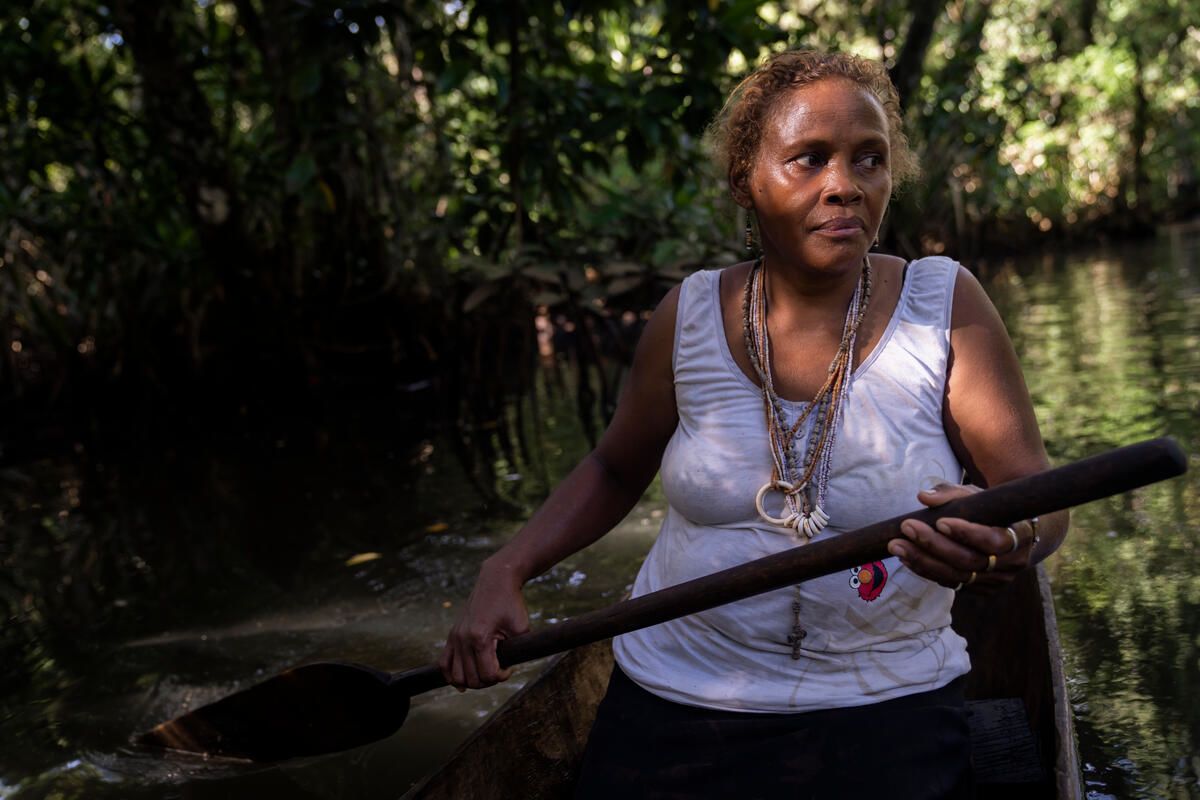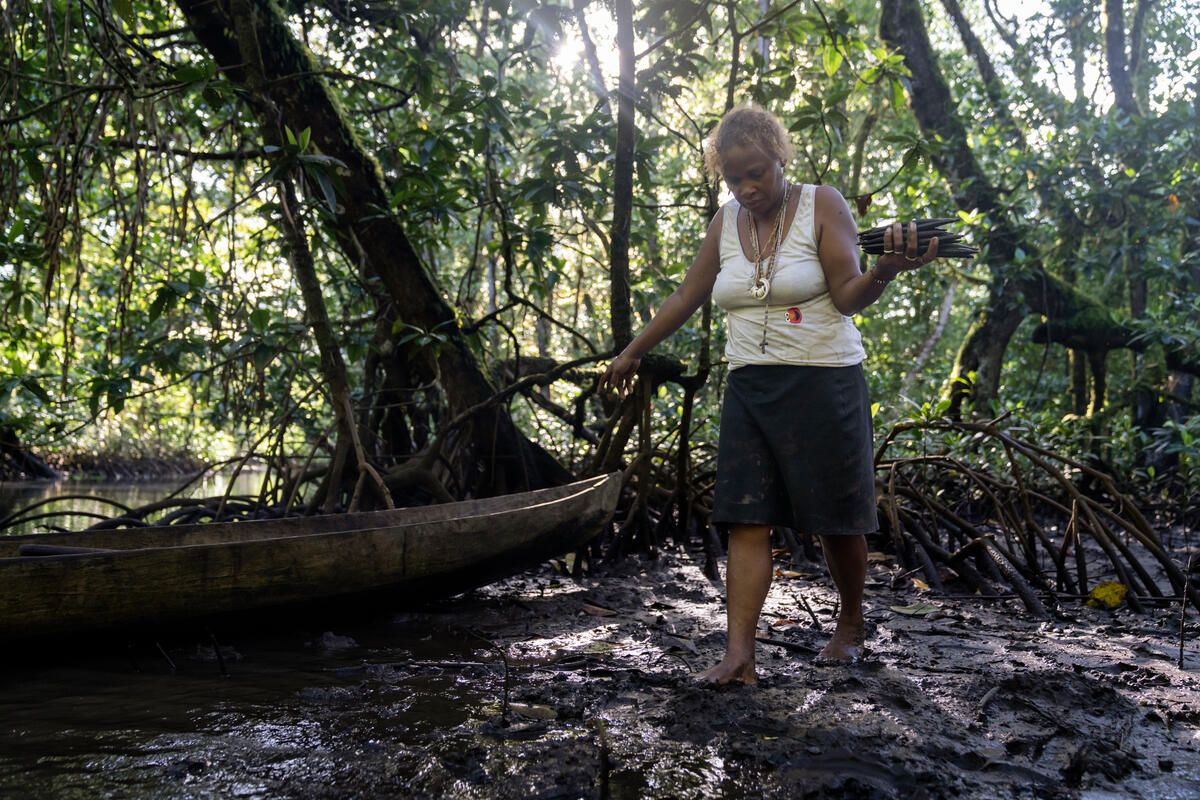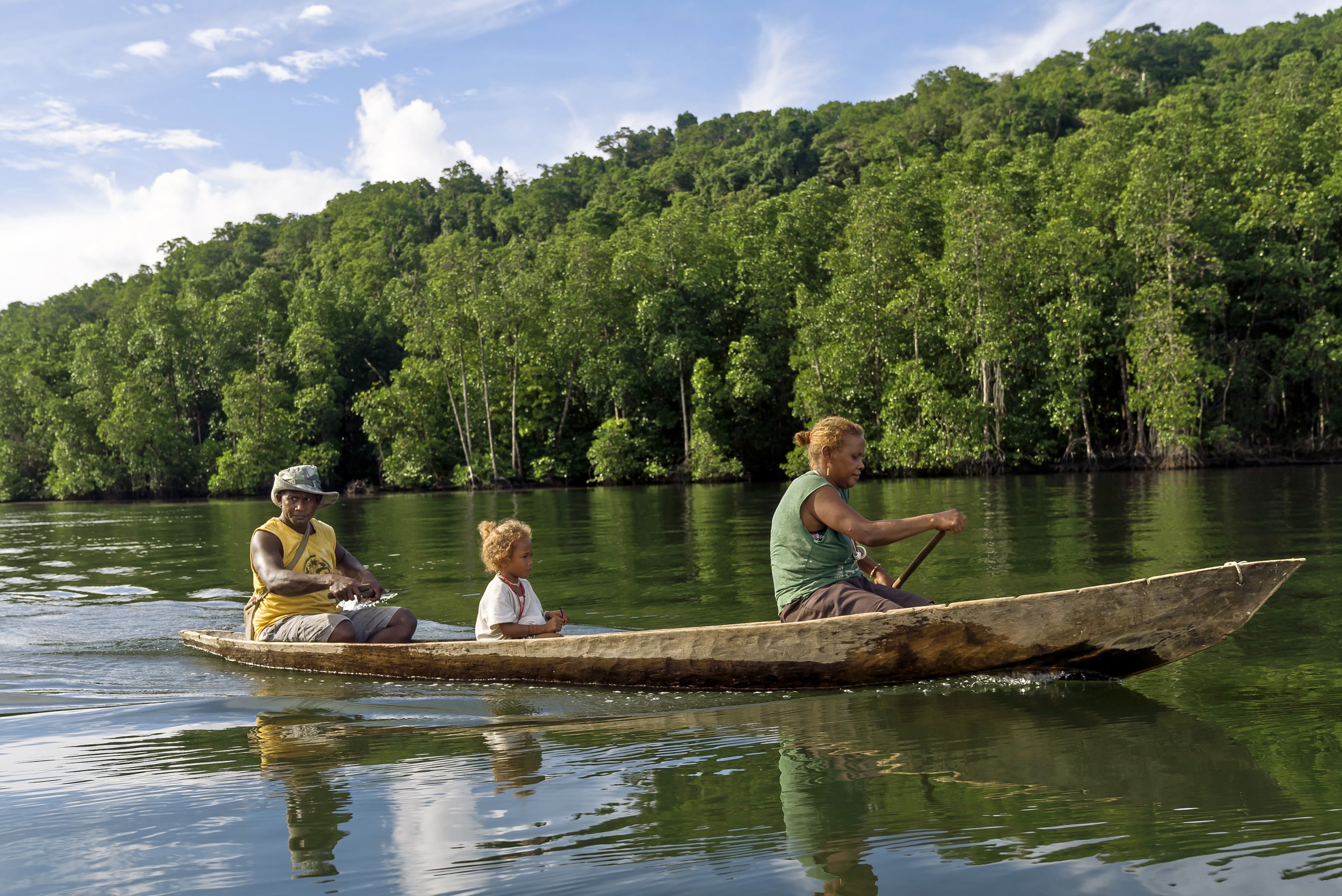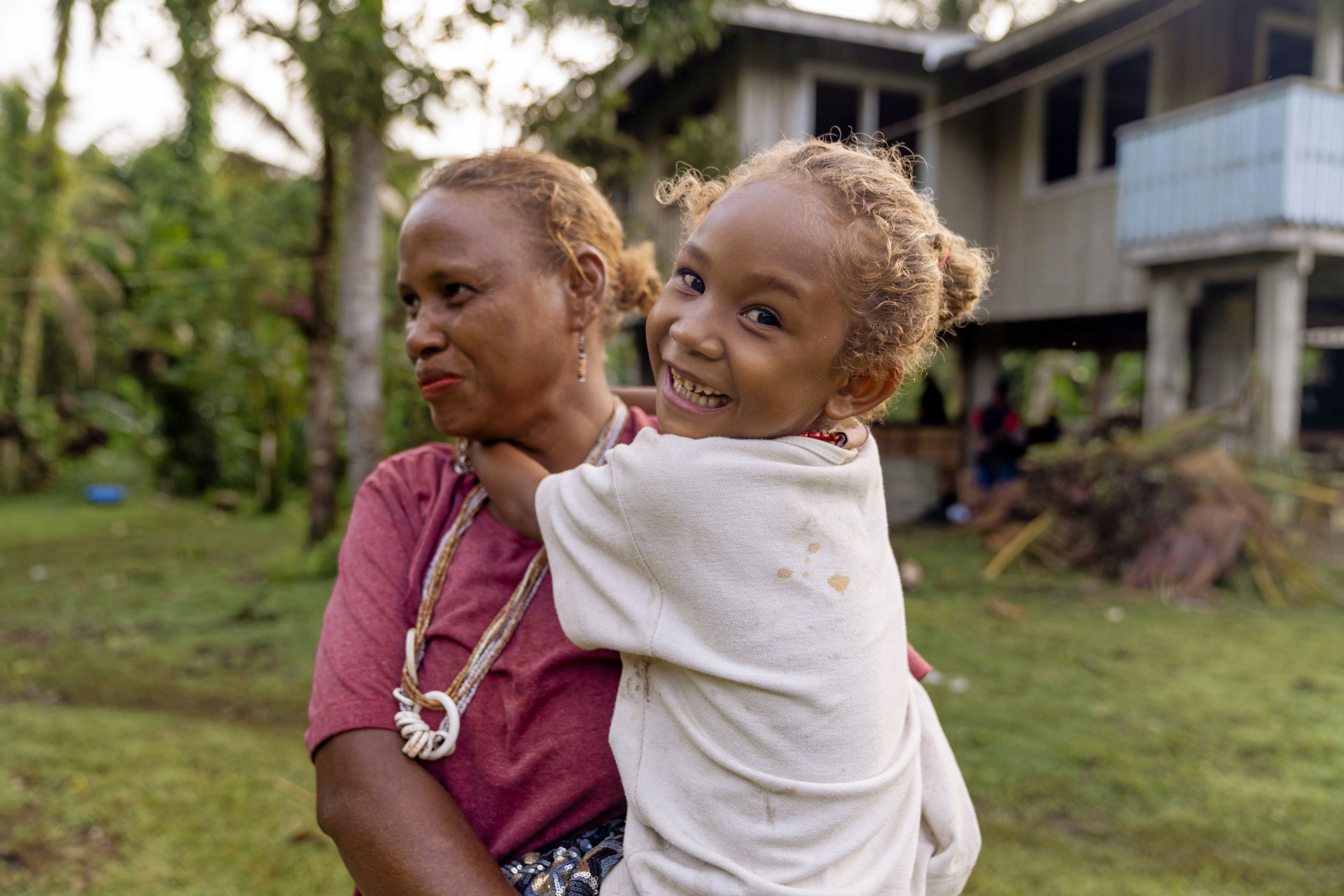Nectar of change
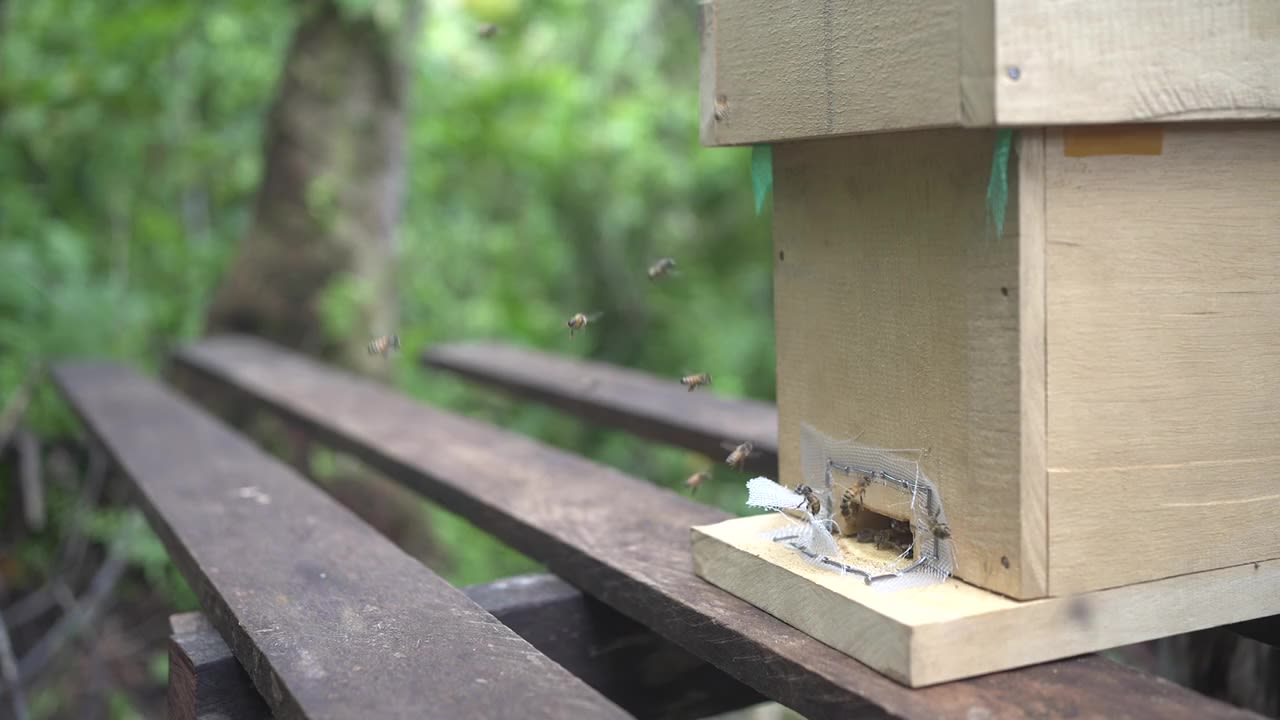
Everything is connected.
No one knows that better than Alison, a farmer and mother of six from Malaita in the Solomon Islands.
The Solomon Islands is one of the most vulnerable countries in the world to climate change, ranking 2nd in the 2022 World Risk Index report.
Her country – made up of hundreds of islands in the South Pacific – is a microcosm for climate change.
Increasingly ferocious winds and rains have wrecked the mangroves that always acted as a natural buffer for the islands.
The waves are taking away the soil that holds up the coconuts, so the coconut trees fall, and all the soil is washed away,"
Now the cyclones and seawater rush inland unimpeded, flattening homes and killing the garden crops that so many Solomon Islanders rely on for food and money.
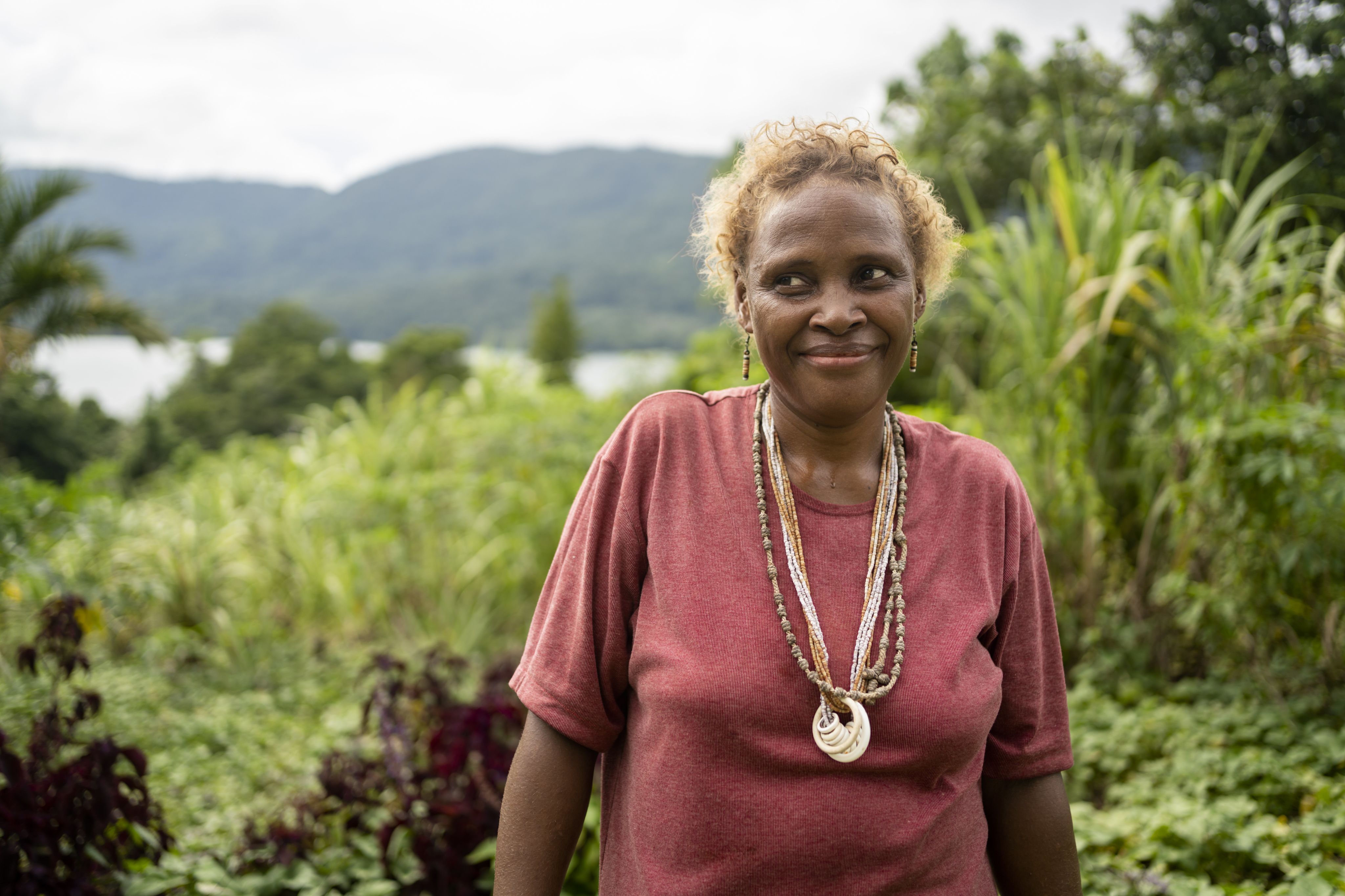
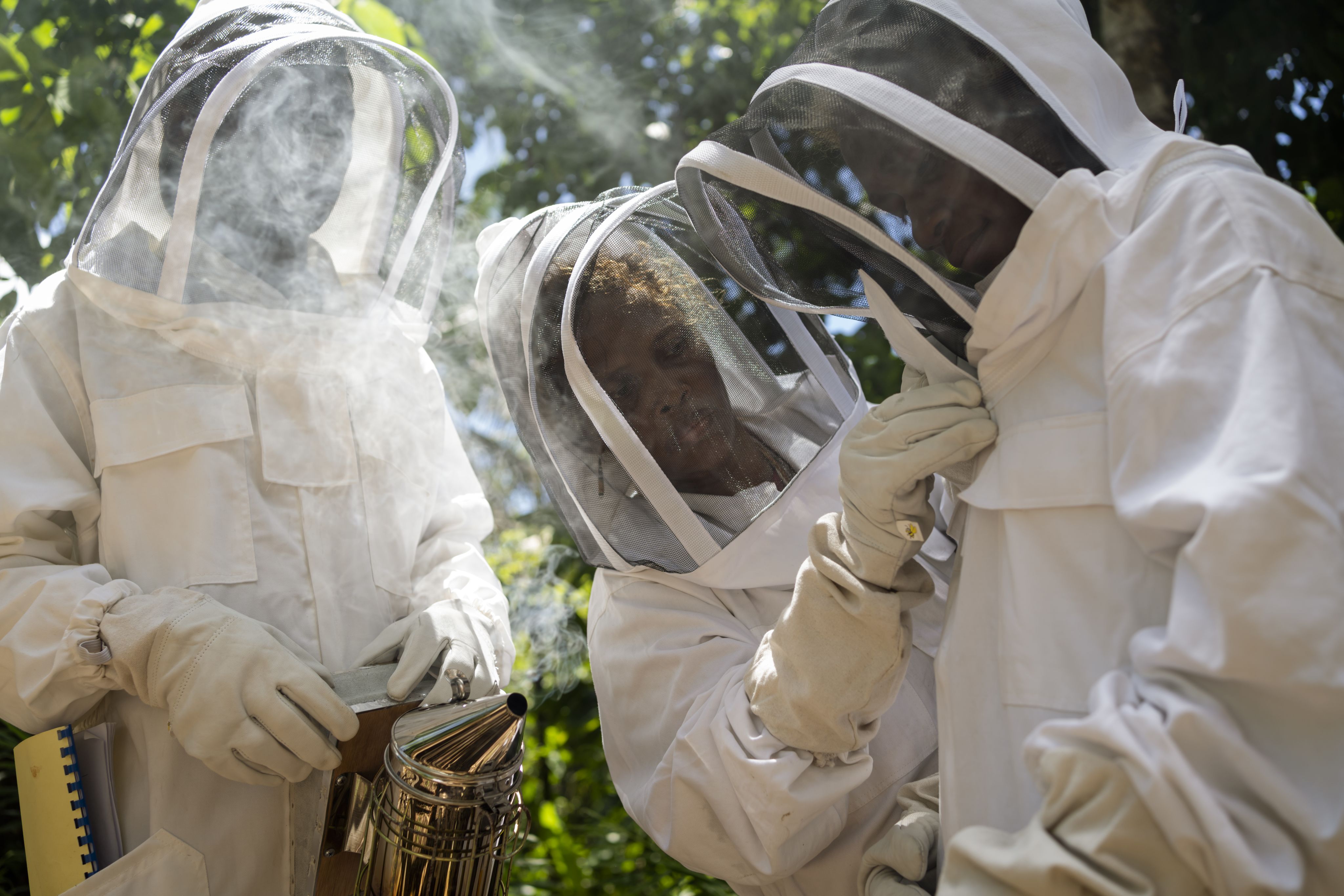
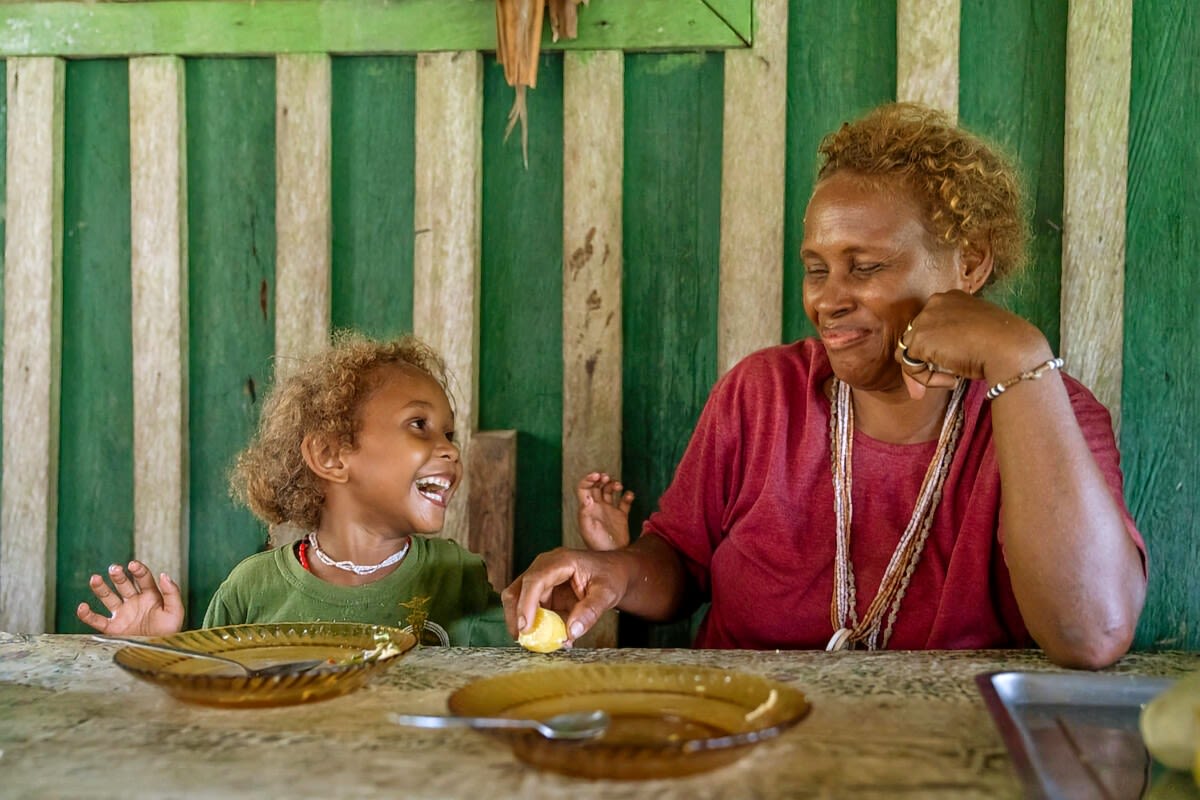
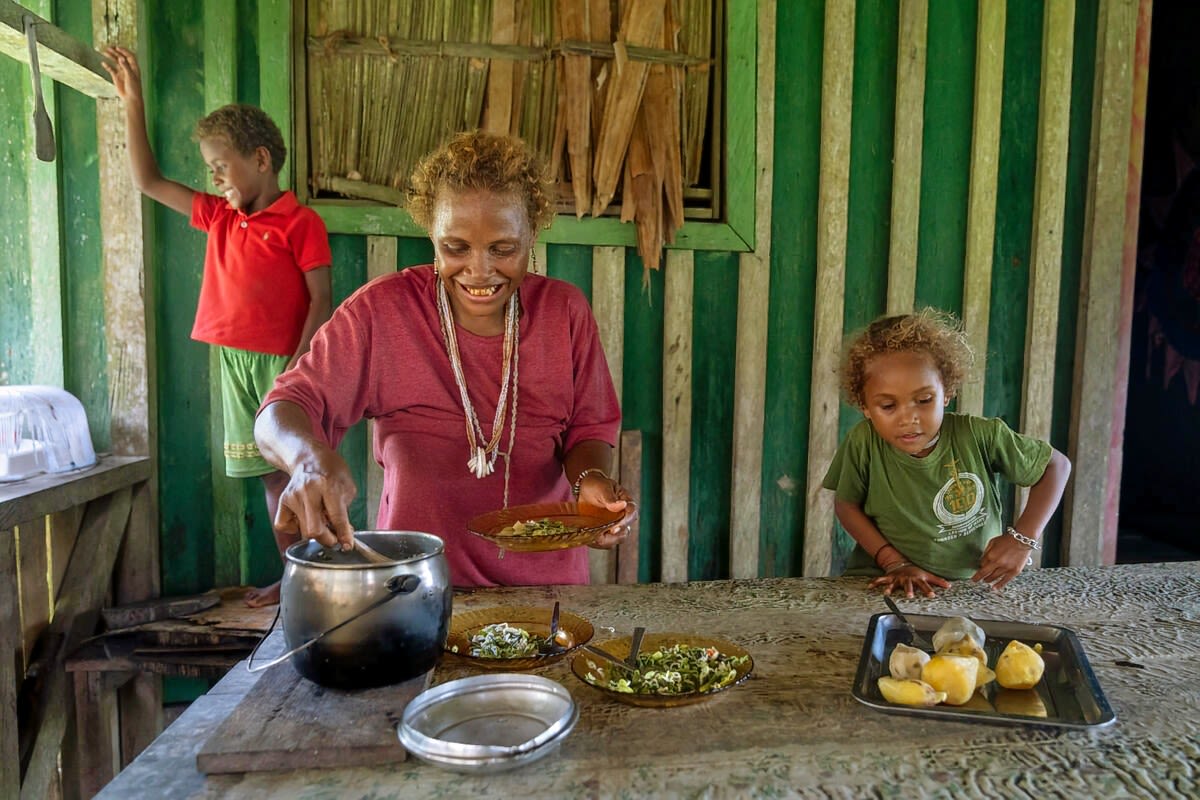
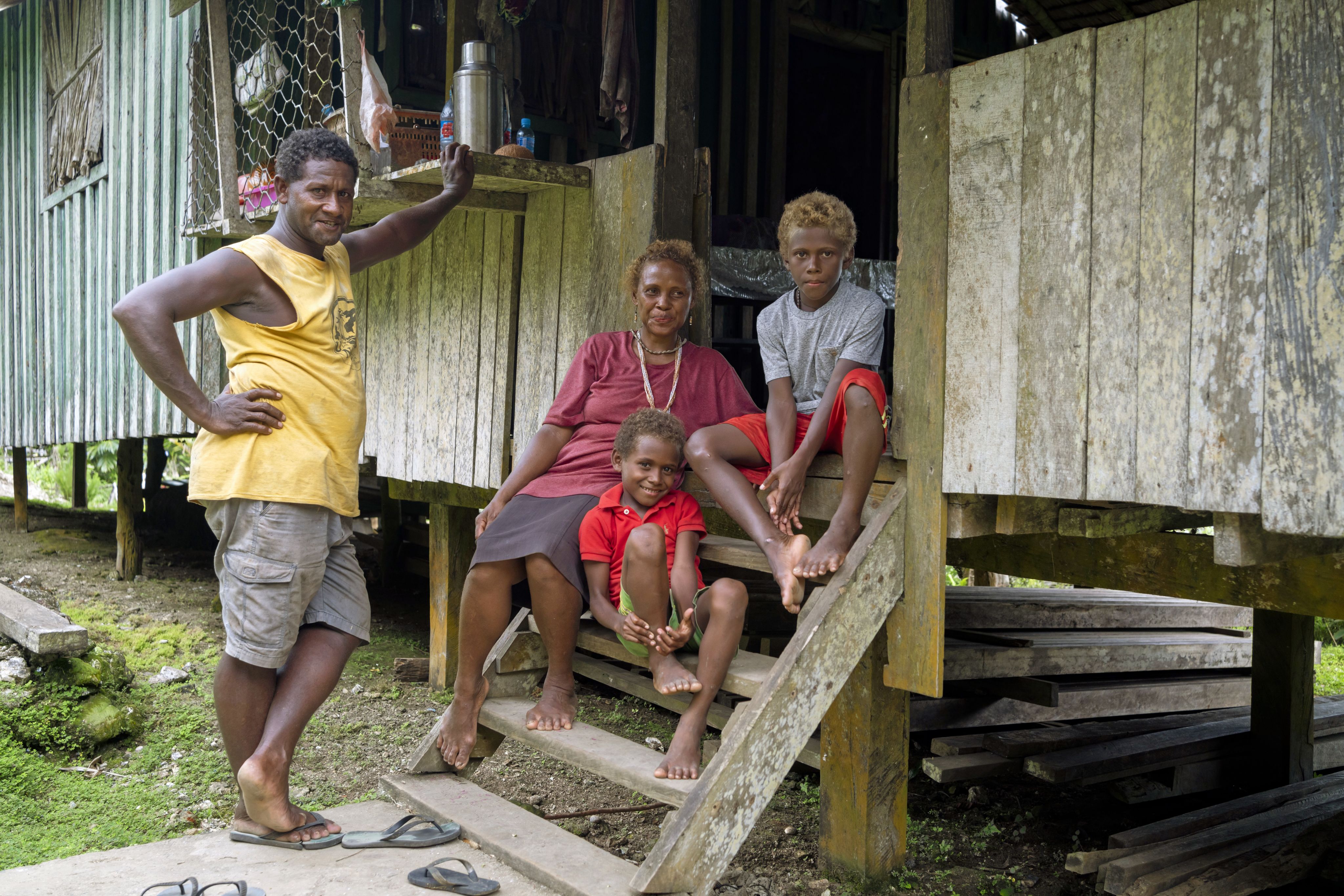
Climate change is an existential threat for Alison, her children, and the future of their country – one that short-term help like food aid won’t solve.
I do not want my children to have to experience this again. I want to protect them from that.”
Save the Children's impact
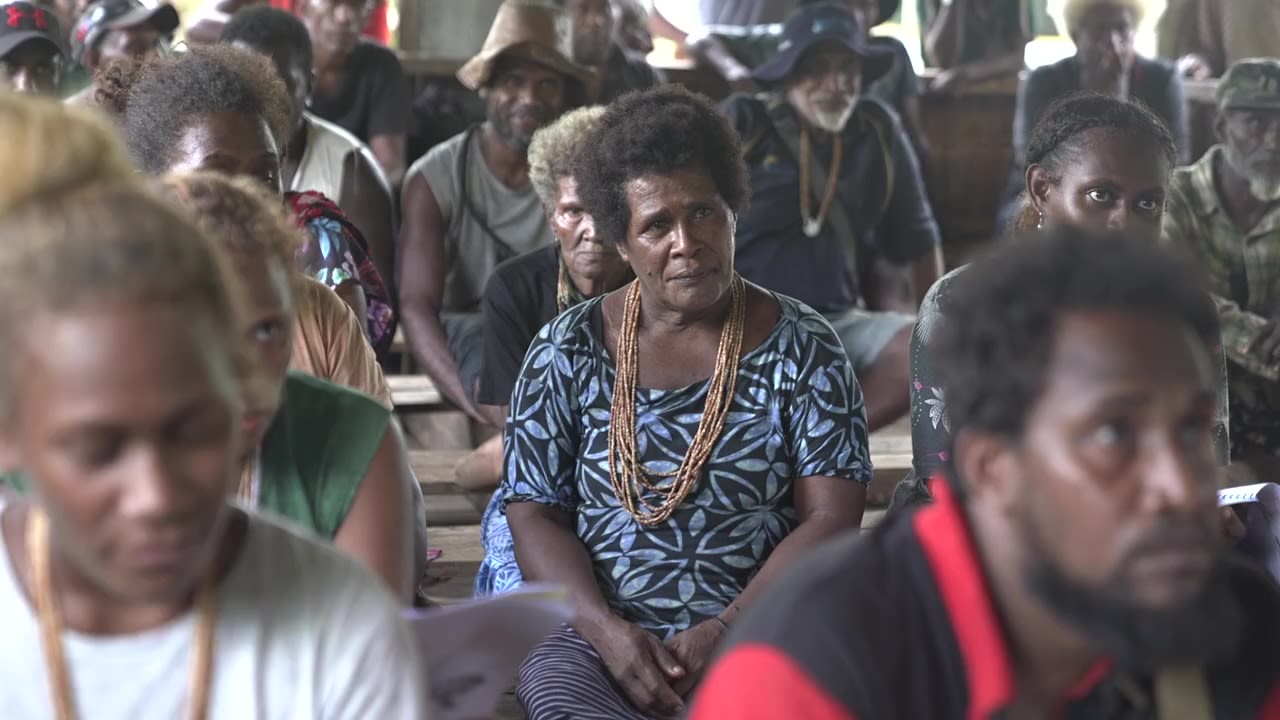
Alison paddles her canoe through a mangrove swamp in Malaita Province, on her way to gather beans. Photo: Conor Ashleigh / Save the Children
Alison paddles her canoe through a mangrove swamp in Malaita Province, on her way to gather beans. Photo: Conor Ashleigh / Save the Children
Alison collects beans in a mangrove swamp in Malaita Province, the Solomon Islands. Photo: Conor Ashleigh / Save the Children
Alison collects beans in a mangrove swamp in Malaita Province, the Solomon Islands. Photo: Conor Ashleigh / Save the Children
Save the Children is working hand in hand with communities and partners to help Solomon Islanders become more resilient to climate hazards.
In collaboration with local NGO Mai Maaasina Green Belt, our Nature Based Solutions project aims to restore protective ecosystems like mangroves, and help families diversify their income away from farming.
That’s why Alison is part of a group of women and young people training to become beekeepers.
Alison, 43, her husband David, 36, and daughter Lucy, four, travelling by canoe to the beekeeping training in Malaita Province, the Solomon. Conor Ashleigh / Save the Children
Alison, 43, her husband David, 36, and daughter Lucy, four, travelling by canoe to the beekeeping training in Malaita Province, the Solomon. Conor Ashleigh / Save the Children
Why beekeeping?
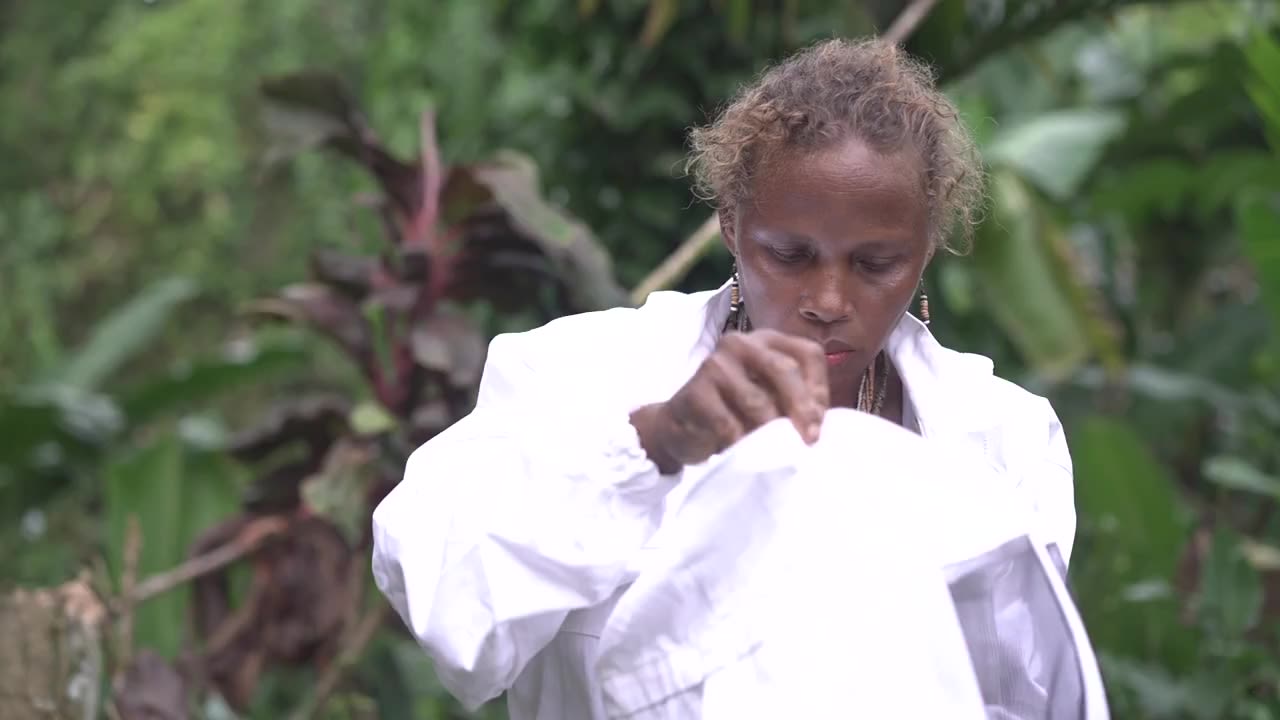
Bees love mangroves, which provide them with a perfect haven. In turn, they pollinate the mangroves, helping them grow.
The mangroves then protect the islands – along with wildlife and food sources like fish and crabs – from storms and high tides.
They even store carbon deposits that don’t make their way into the atmosphere, effectively slowing climate change globally.
And all the while, the bees produce sweet honey for community farmers to sell.
With honeybee training I know if I do it well, I am able to earn money for my family. For 1 kilo it is $200, and I can produce up to $4,000, so I am like, ‘Wow’.”
With that money, Alison can pay for her children’s school fees, giving them opportunities to learn and thrive.
She can make sure they’re well fed too – even when heavy rain inevitably affects her garden in the future.
Alison, 43, and her daughter Lucy, four, in a remote community in Malaita Province, the Solomon Islands. Conor Ashleigh / Save the Children
Alison, 43, and her daughter Lucy, four, in a remote community in Malaita Province, the Solomon Islands. Conor Ashleigh / Save the Children
We can’t completely stop climate change. But by thinking differently we can help families adapt and stay safe through the storms ahead.
After the session today I feel free, no longer afraid. I see this workshop as something families and relatives can really apply, and it can be an example for other villages.”
I want all of us to work together so all the tribes are one under conservation, so that we care for all the land and resources.”
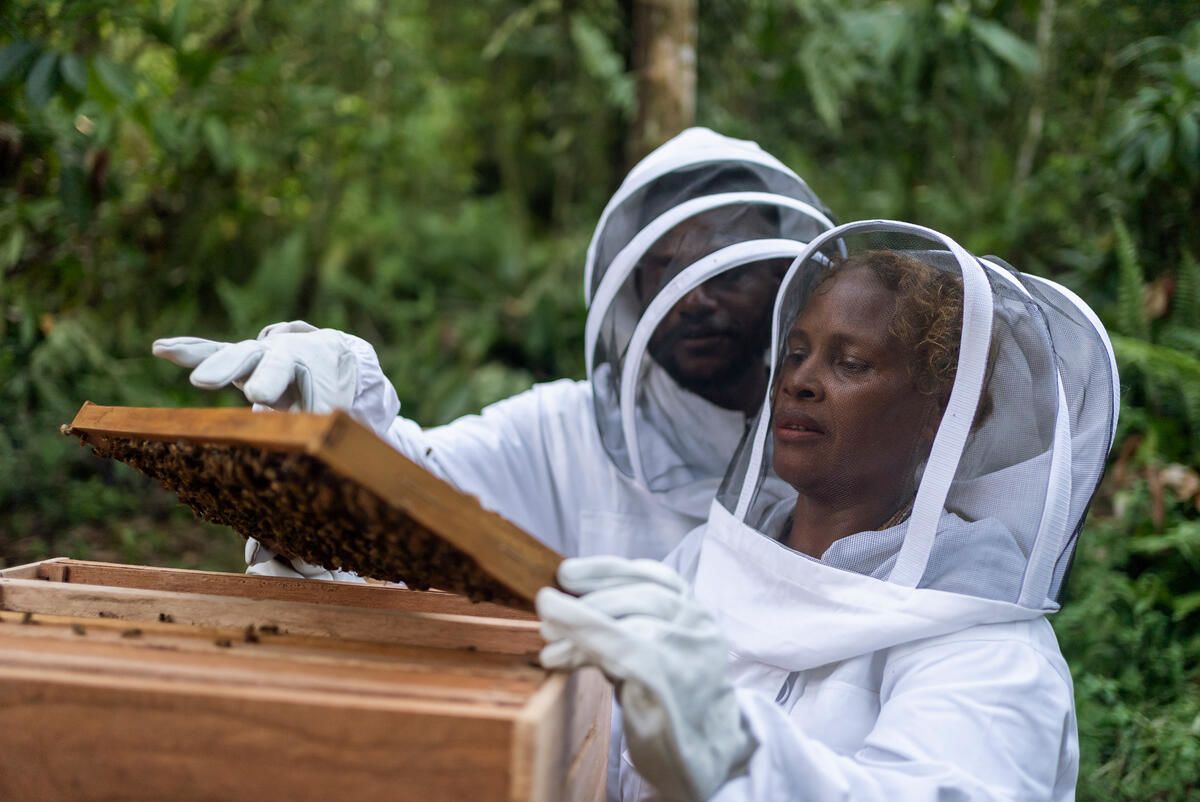
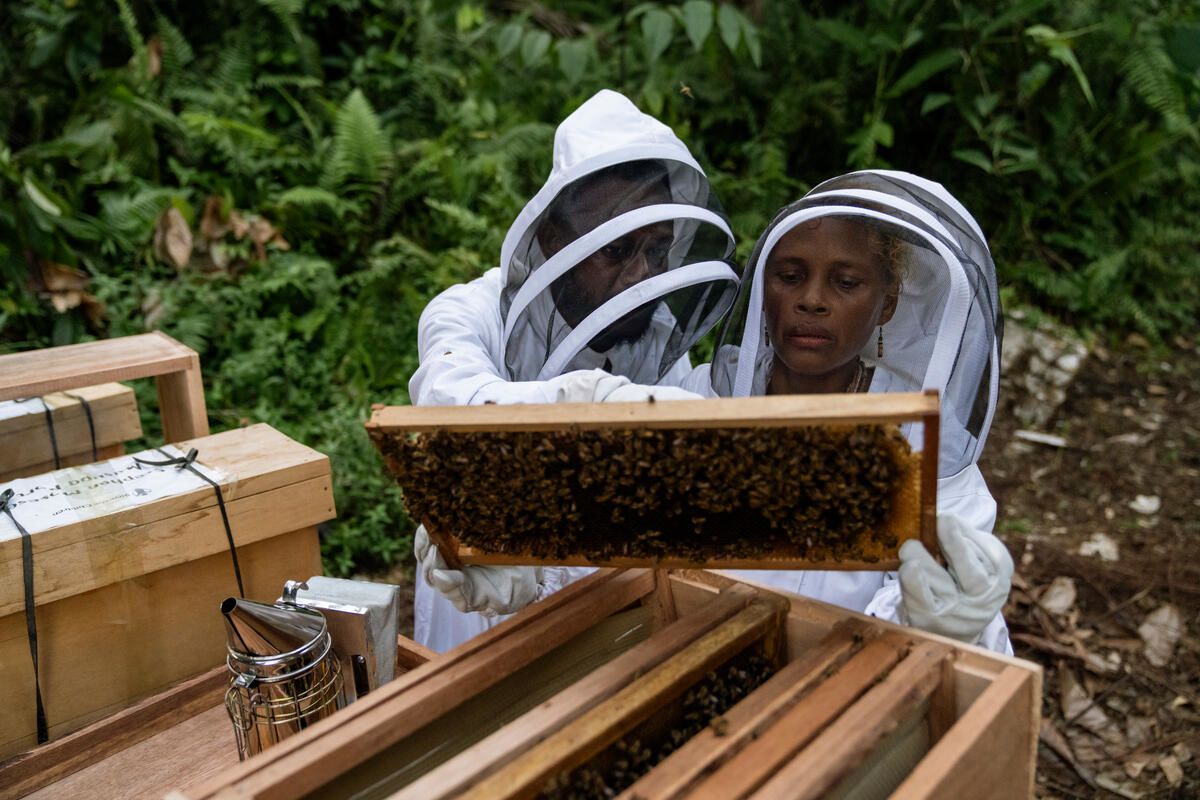
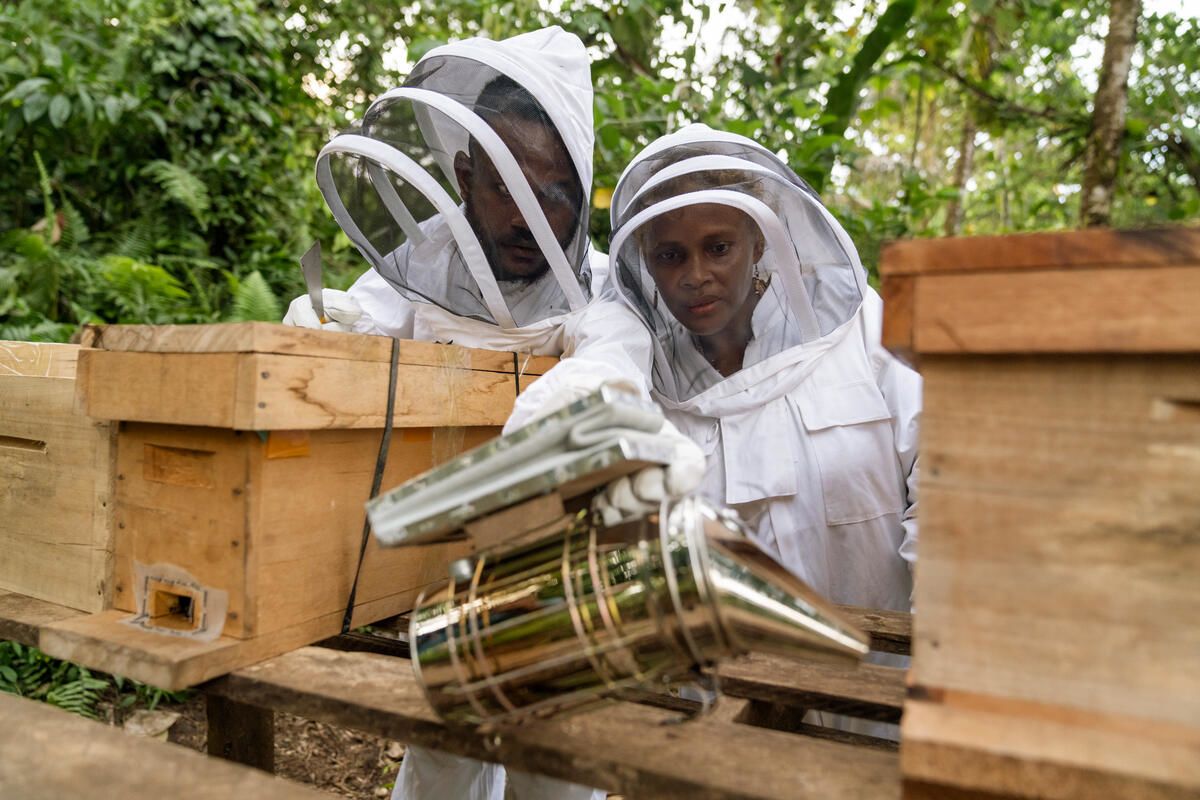
Climate change is affecting lives and livelihoods everywhere. With your help, we can keep more communities like Alison's buzzing.
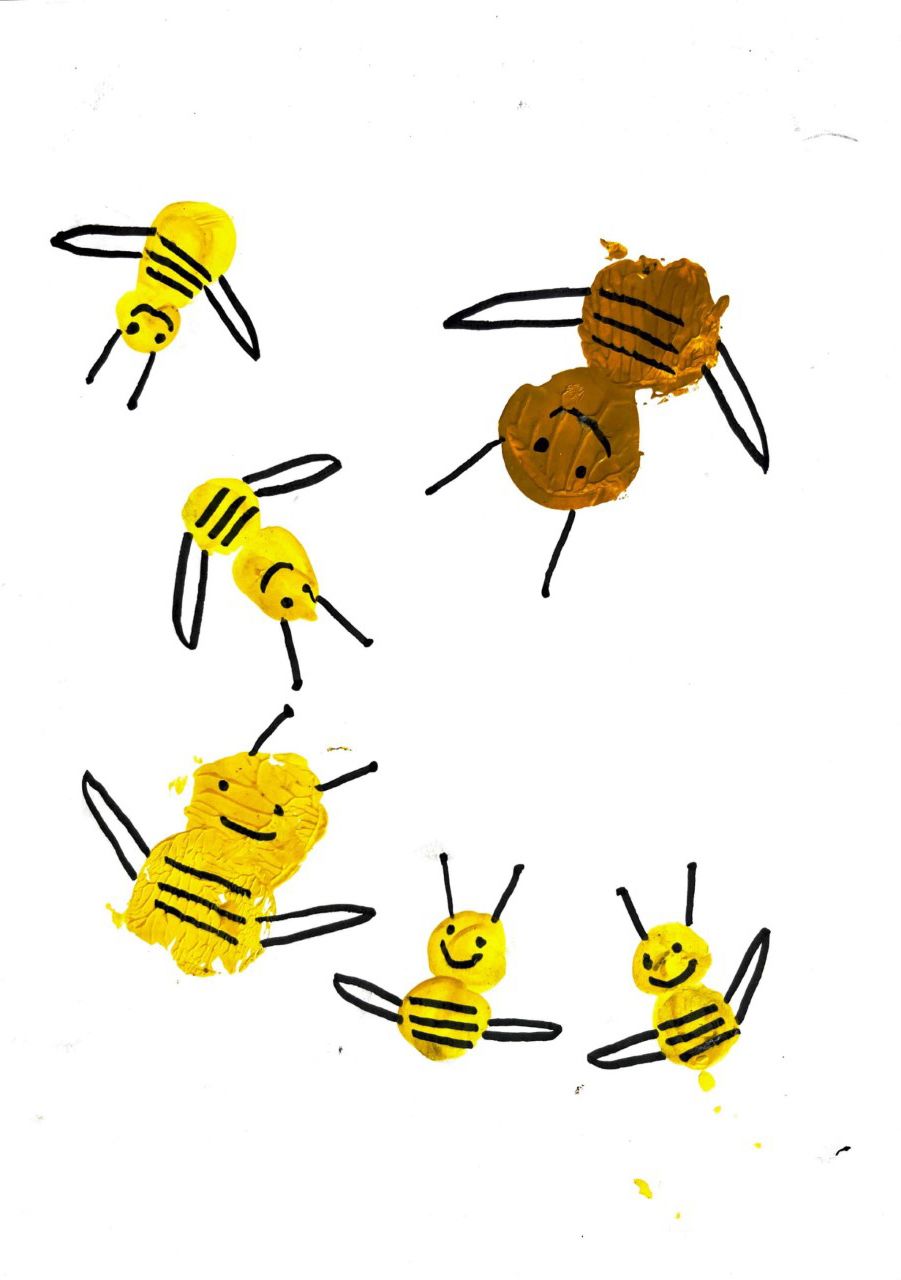
Climate change is affecting lives and livelihoods everywhere. With your help, we can keep more communities like Alison's buzzing.


